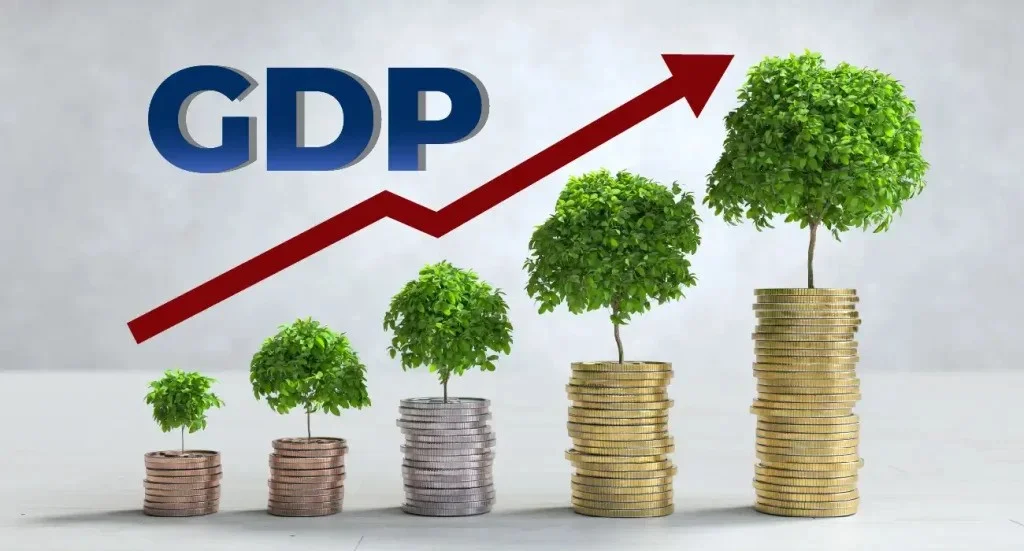Nigeria’s economy posted a 4.23% year-on-year GDP growth in Q2 2025, according to fresh data from the National Bureau of Statistics (NBS).
This marks a significant improvement over the 3.48% recorded in Q2 2024 and the 3.13% growth in Q1 2025, highlighting a strengthening recovery.
Key Drivers of Growth
Several factors contributed to the stronger performance:
- A recent GDP rebasing using 2019 as the new benchmark year, improving data accuracy.
- Increased oil production after months of decline.
- A resilient non-oil sector that sustained overall momentum.
Sector Performance
The NBS data revealed broad-based growth across major sectors:
- Industry surged by 7.45%, up from 3.72% in Q2 2024.
- Agriculture improved slightly to 2.82%, compared to 2.60% last year.
- Services rose 3.94%, edging above the 3.83% growth recorded in 2024.
These results show that Nigeria’s economy is benefiting from both oil and non-oil activities.
GDP Breakdown
The industry sector’s share of GDP rose to 17.31% in Q2 2025, compared to 16.79% a year earlier. Meanwhile, nominal GDP climbed to ₦100.73 trillion, a sharp 19.23% increase from ₦84.48 trillion in Q2 2024.
This reflects not only stronger real growth but also inflationary adjustments in the economy.
Outlook for 2025
The figures suggest a promising outlook for Nigeria’s economy. With oil output improving and the non-oil sector showing resilience, sustained growth remains achievable in the coming quarters.
If both sectors continue to expand, Nigeria could exceed current projections and strengthen its economic stability by year’s end.
Dangote’s Electric Truck Plan Powers Africa’s Green Transition






